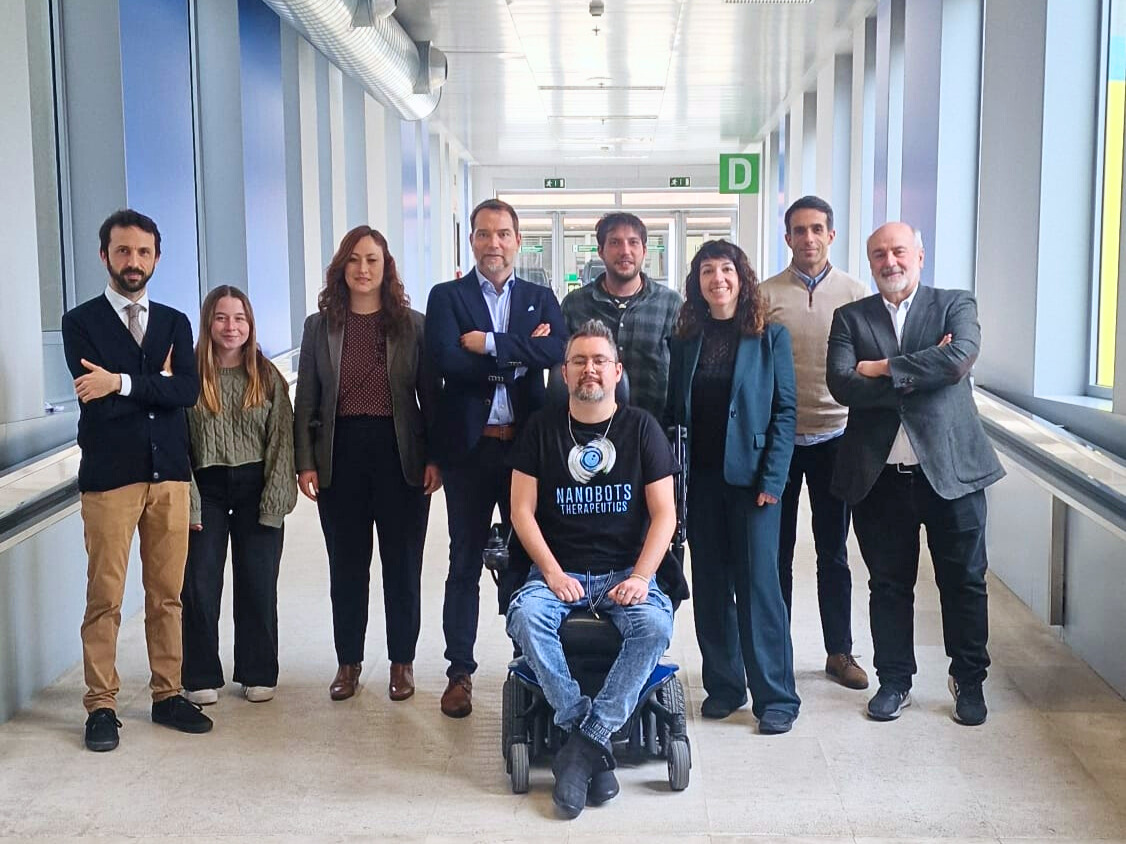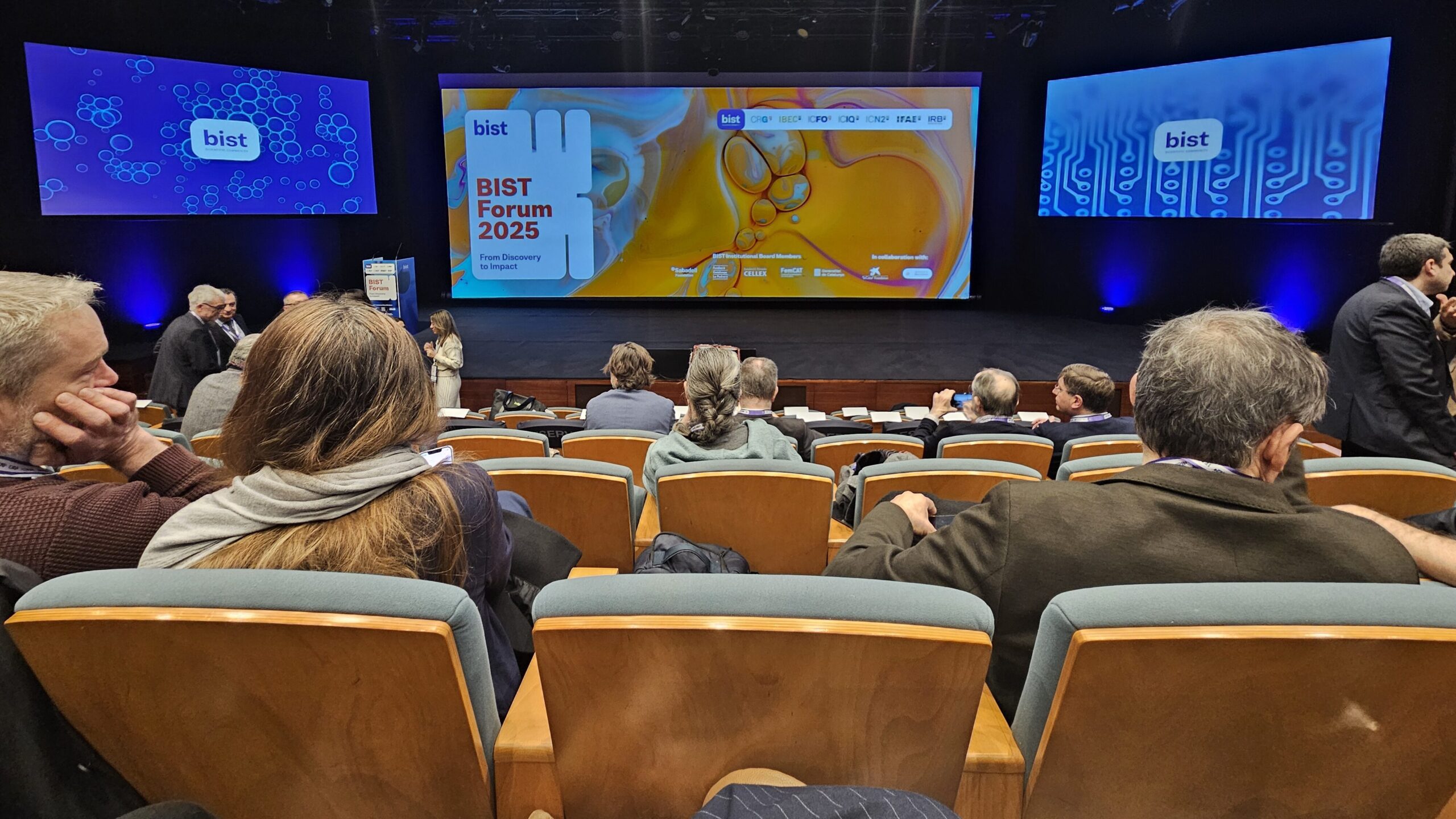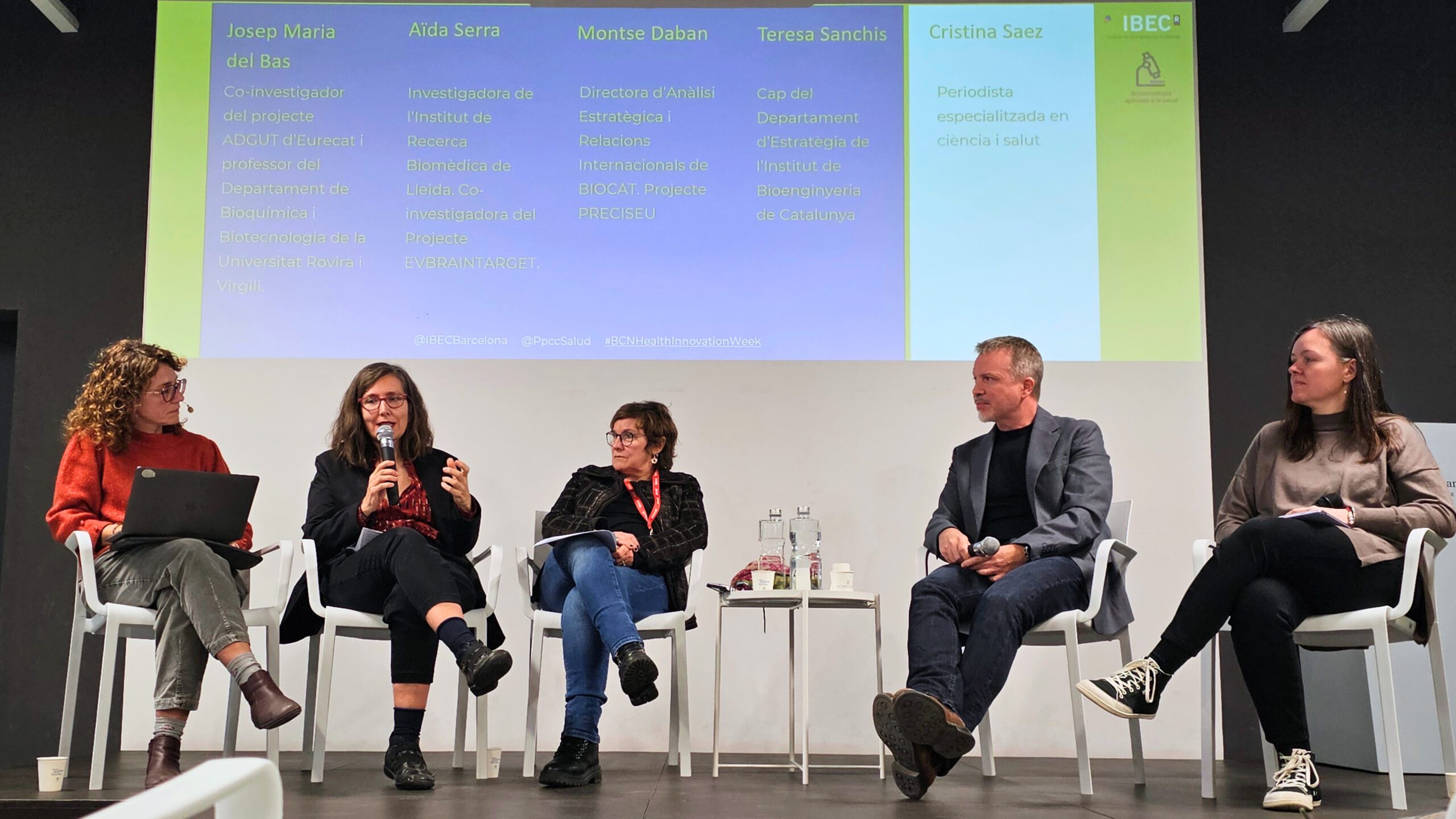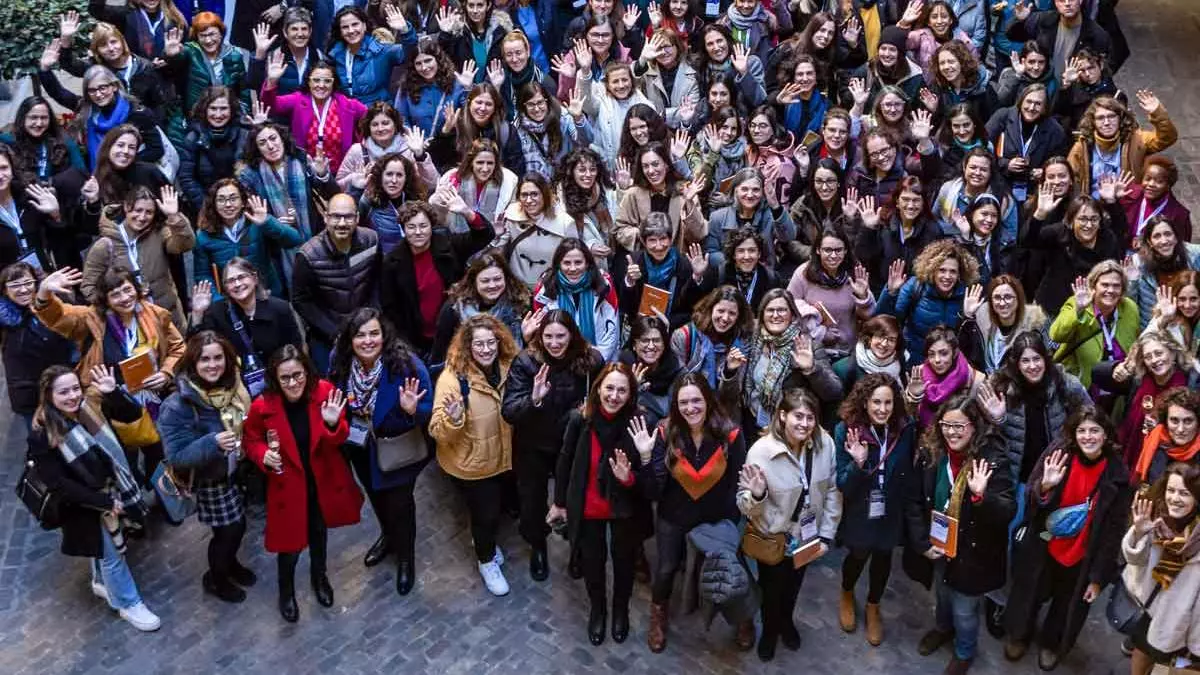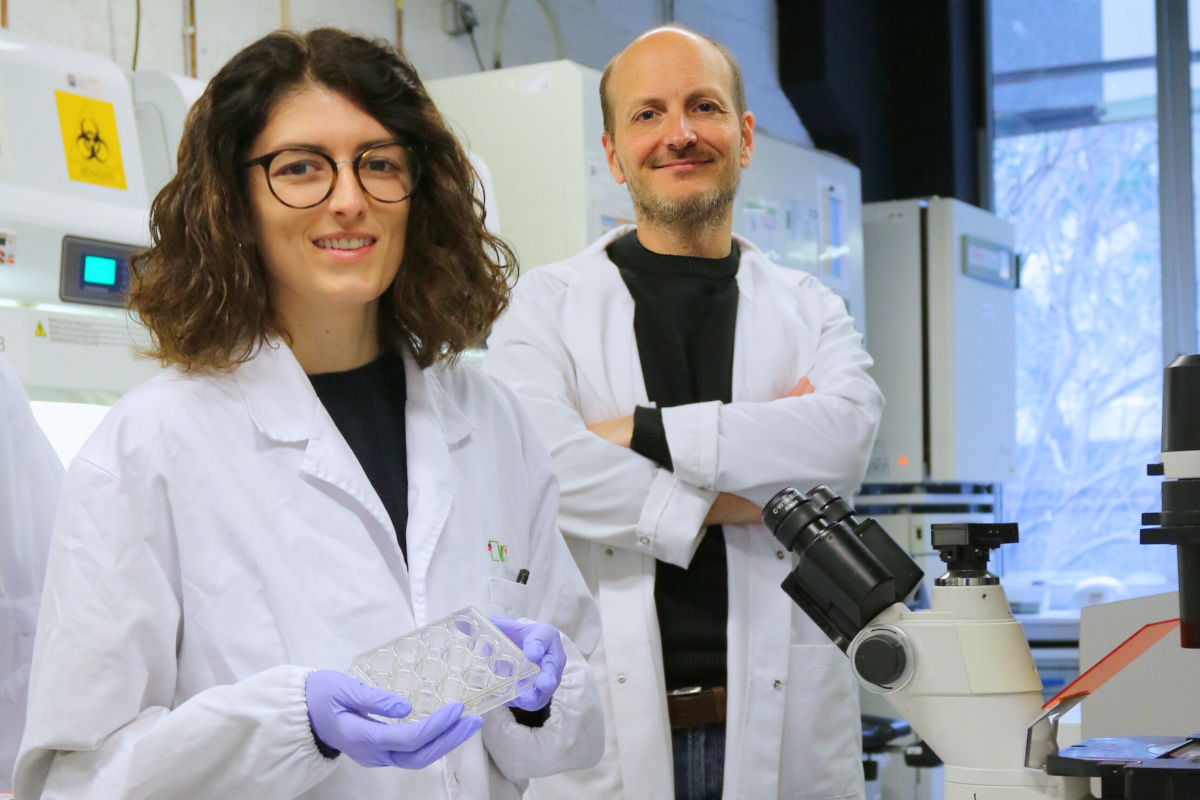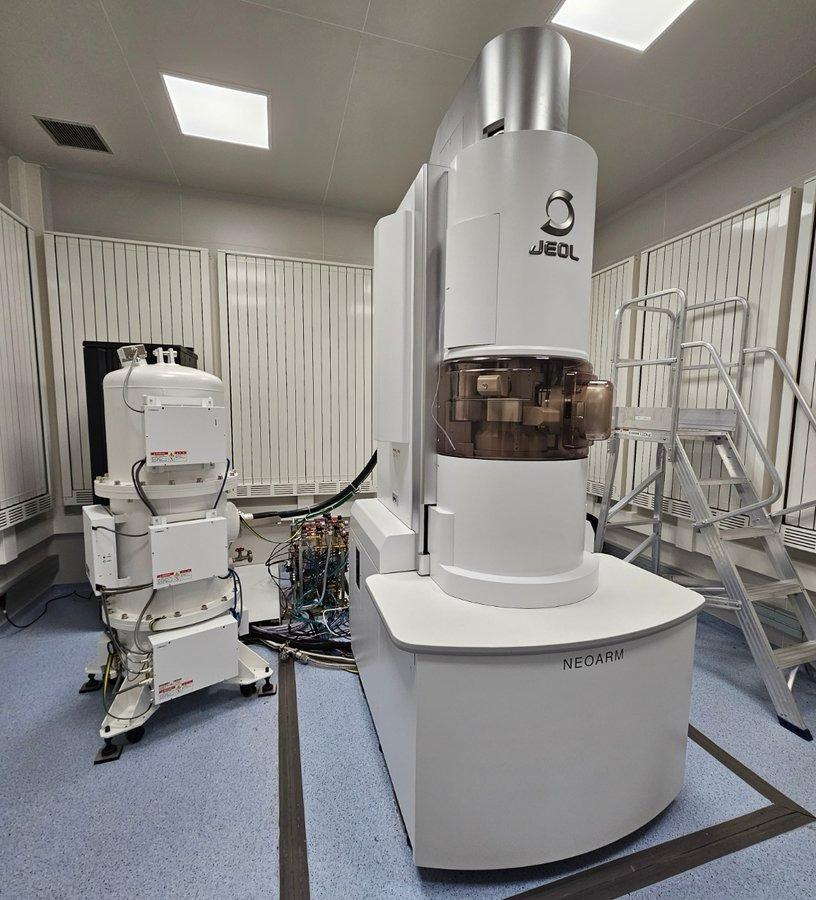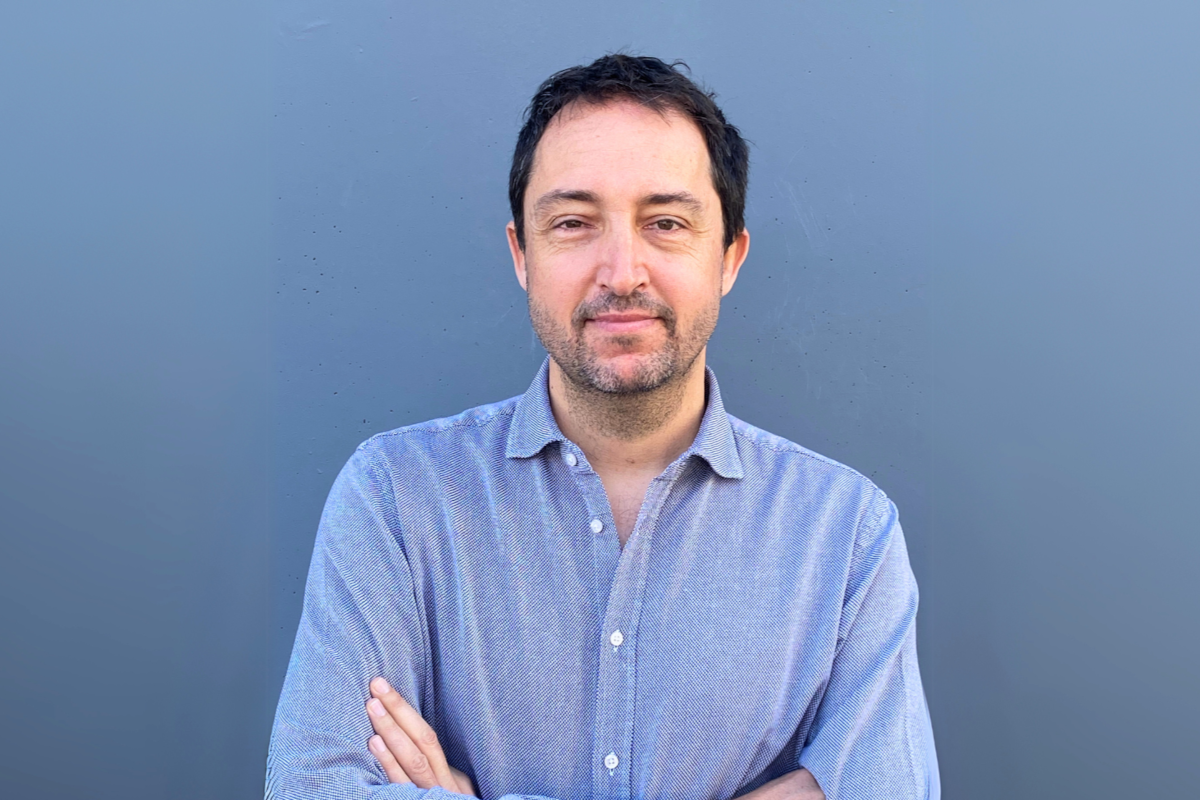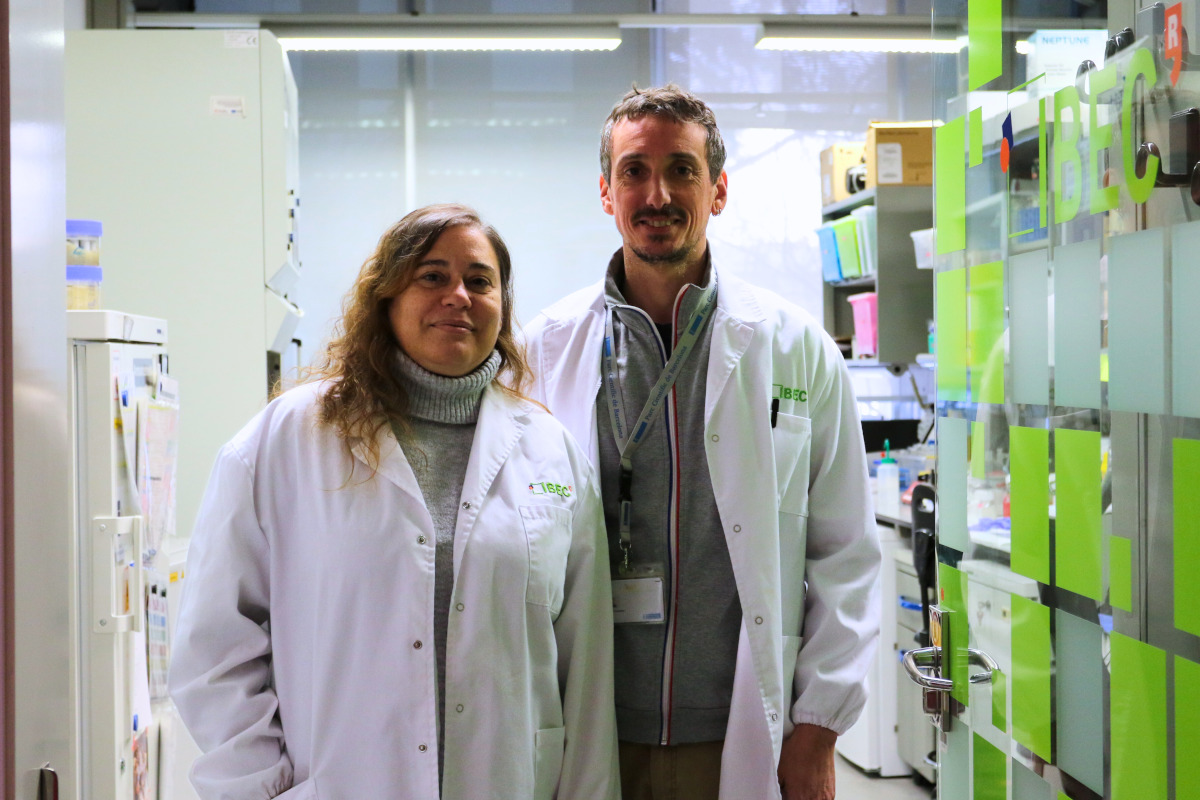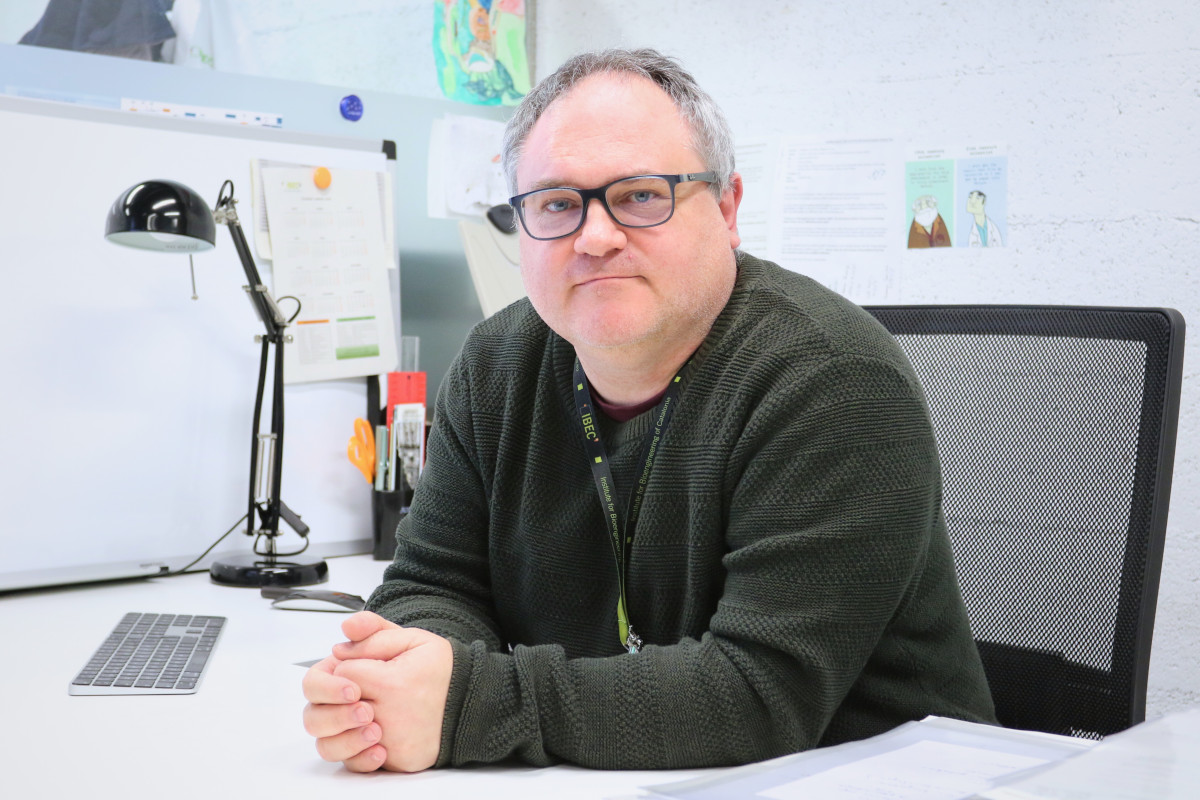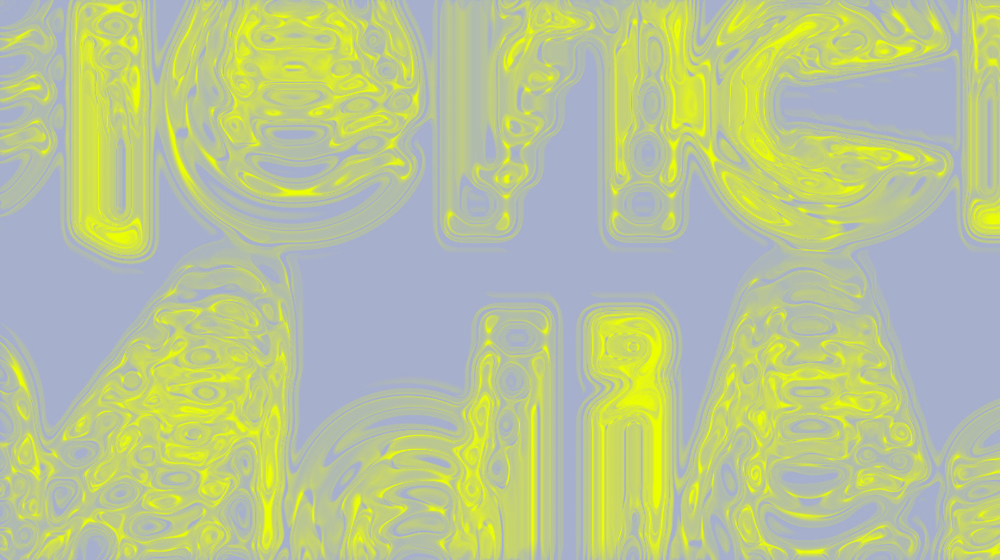IBEC spin-off Nanobots Therapeutics receives IMPACTO grant from the Spanish Association Against Cancer
IBEC spin-off Nanobots Therapeutics has been selected in the AECC’s 2024 call for IMPACTO grants. This is an initiative of the Spanish Association Against Cancer (AECC) aimed at technology-based micro-enterprises and SMEs to accelerate the arrival of new treatments in the clinic. The grants were awarded in Barcelona today.

